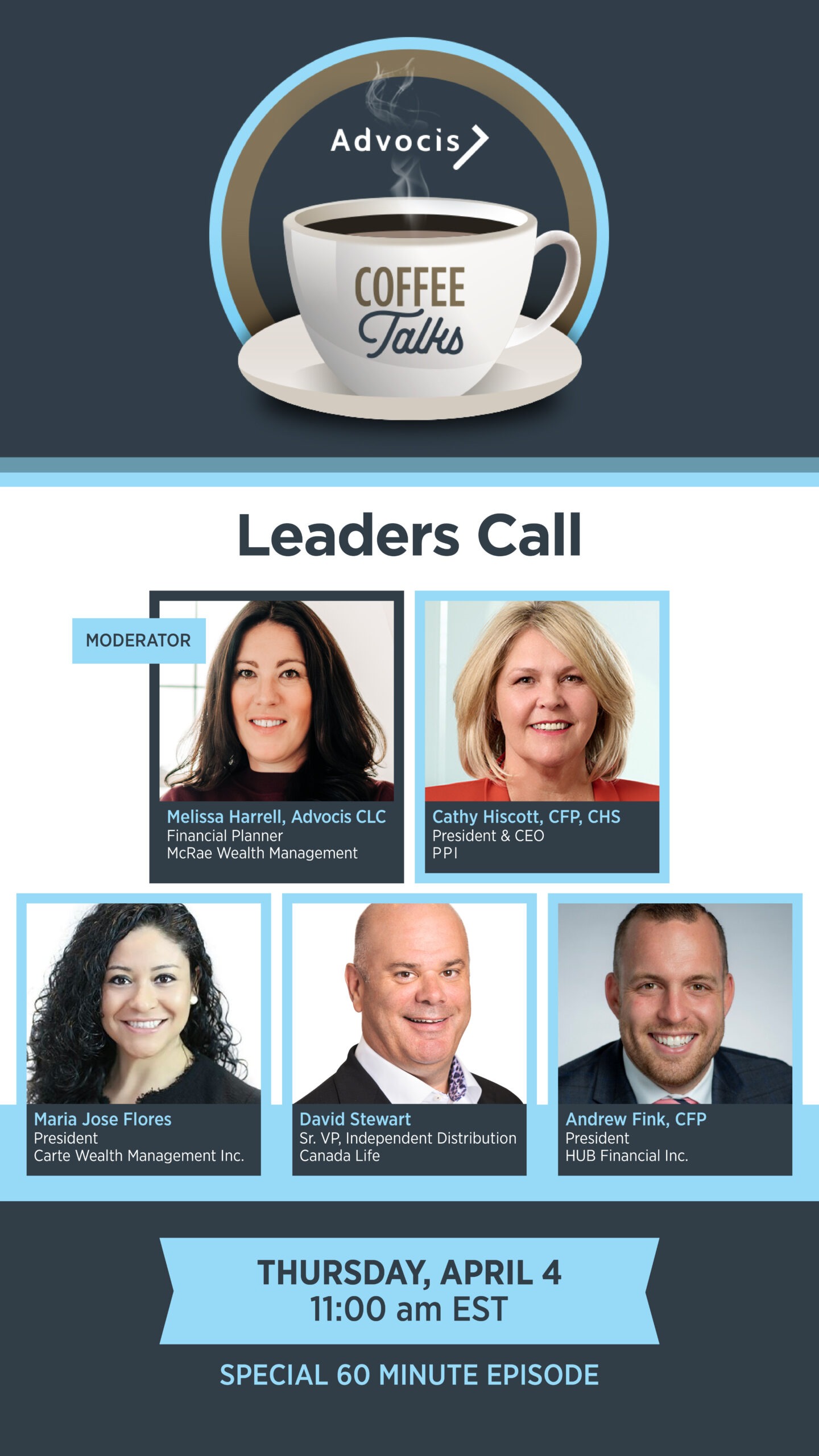(From the July 2022 Edition of eFORUM)
By Kelly Maxwell
It comes as no surprise that experts in their profession have coaches that guide them to continuously improve and achieve their goals.
A business coach is very similar. Even those who believe they have perfected their skills can benefit from coaching. There is always an advantage to new perspectives and ideas. Especially in the financial services industry. Your advisory business is never stagnant so there are always opportunities, environment changes, and new goals to achieve.
Many advisors do not have a natural ability in all areas of running a business, and that’s where a coach can be a valuable asset. Effective coaches help advisors run their organization like a business by focusing on what matters most to achieve success and business momentum. They provide new perspective, focus, accountability, and implementation.
A coach will help you clarify your vision and how that fits with your personal goals. They will help you attract and keep the right team members, improve profitability, build recurring revenue, and increase equity. An effective coach is devoted to helping clients achieve a refreshed focus, increase their confidence, and feel like they are in control of their lives and their business.
So, how do you decide it is time to hire a coach? These are the most common reasons why advisors decide to take this step.
They want to move ahead of the curve
There are massive opportunities available for the best advisors. The financial industry continues to face substantial change. There is downward pressure on fees, increasing regulation, less support from companies, and clients are more demanding. Those who anticipate and embrace change, with the help of a coach, will be ahead of the curve.
They feel like their wheels are spinning with no movement
It is common for most businesses to reach a business plateau where progress slows down. When a team stops building momentum, this can make advisors feel overwhelmed, diffused, reactive, tired, and stuck. They may feel like they are no longer in control and their business is running them versus the other way around. This is when you need to inject something new into your business to avoid a business decline. A coach can help you jump back into growth mode by focusing on what matters.
They want to know what successful advisors are doing
This can feel like a lonely business. If you are working with a reputable coach they should have a number of established clients. Advisors benefit from a coach who can share what other advisors are doing and help them implement similar strategies and tactics. You might also be able to participate in group sessions with your coach that include advisors who work with the same company as you do.
They want to focus on their agenda
Training and coaching programs offered internally have limited resources and are focused on the firm’s agenda. With a coach, you can focus on building your own business. You can be completely honest and, at times, vulnerable with your coach. It’s a different relationship than your company’s training programs.
They want to run their business like a business
Advisors wear many hats. In one day, they could hire an assistant, provide financial advice to clients, present their unique value in a few prospect meetings, and have a strategy meeting with their team. As many advisors discover along the road, they need help with maximizing their time. This requires not just technical and sales skills, but proficiency in creating vision and direction, building and leading teams, brand differentiation, and business building.
They understand that ideas are not enough
Ideas are useless without accountability. You’re wasting your time if you don’t implement, and this is where a coach becomes extremely helpful.
There are three components to an effective coaching relationship. All are necessary to execute effectively to realize results and experience real transformation:
- A great coach: a coach who understands you, your team, and your vision. They must have fantastic coaching skills and knowledge of your industry and your business. And of course, you need to be able to have confidence and trust in them. A good fit and connection are critical.
- Committed advisor and team: For the coach to be effective, they must have a client and team that is coachable. A team that is willing to invest their time, energy, and money and be open to new ways of doing things — they must have the intent and desire to make change.
- Resources, tools, and materials: Another key component for a great coaching relationship is having the right resources, tools, and materials at your fingertips. These could be other key people you work with from the suppliers, carriers, and dealers. It could also be tools or technologies available from those same companies or they may be available from third-party sources.
When all of these components fit together, over a period of time we see amazing results and the coach becomes an extension of the advisory team.
Kelly Maxwell, BBA, is a marketing coach at The Personal Coach.








